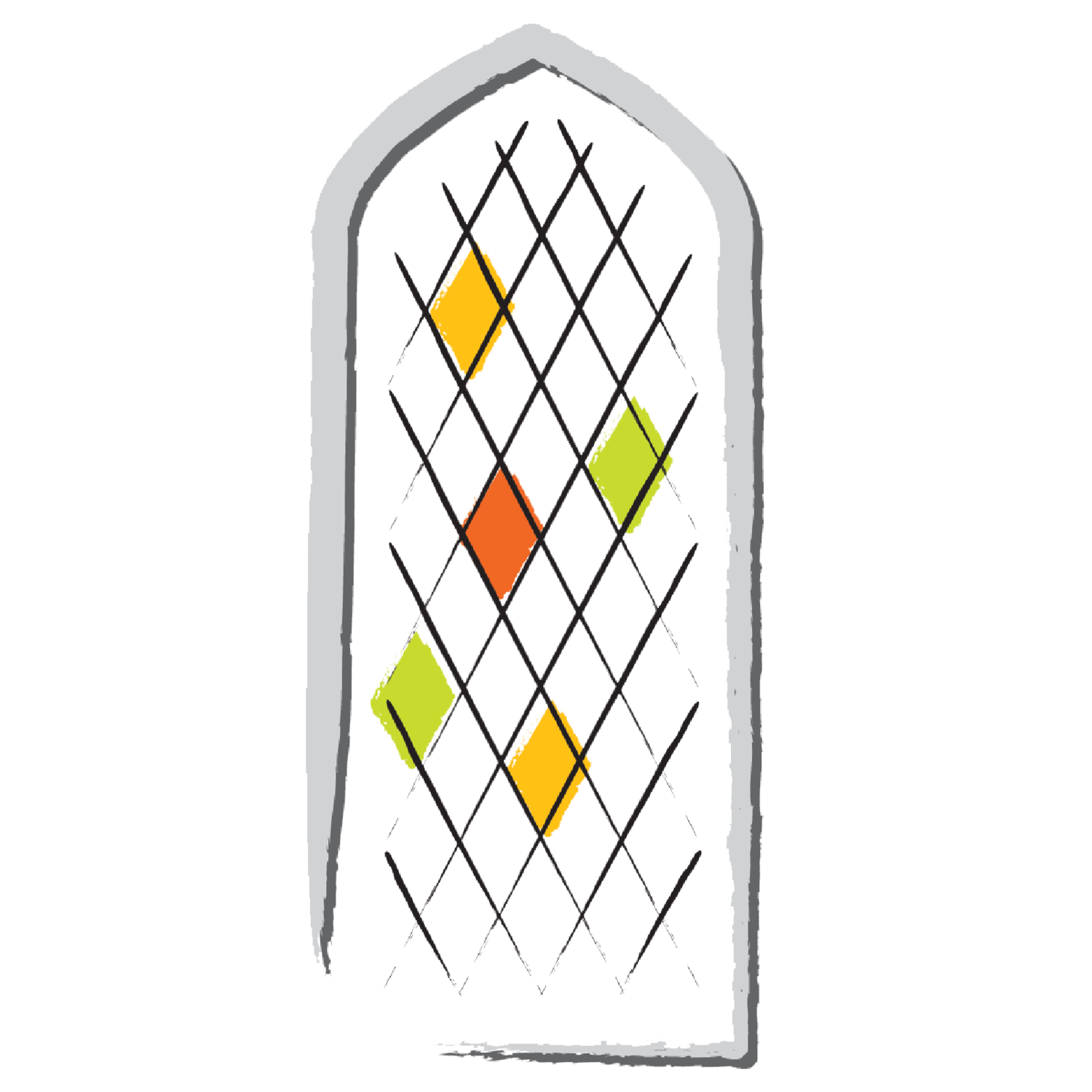to keep our eyes on God
Dear First Pres SLO Family,
Grace and peace to you in the name of Jesus Christ, even if there is little peace to be found this week. I’m writing to you today from a place of grief and frustration and despair.
More than 200 years ago, William Wordsworth wrote a poem that began with this line:
“The world is too much with us; late and soon…”
For him it was a call back to connect with nature, something he saw disappearing as people were caught up in the energy spent on earning and spending and achieving. I’ve always read it differently. For me that first line hooks me and reminds me that the events of the day can drown out the experience of goodness around us—they can block our view from seeing anything that is good or lifegiving or hopeful in our daily lives.
Today is one of those days.
A persistent war in Ukraine, the COVID pandemic (which I’m experiencing in a personal way this week), another church tradition rocked by scandal and lack of responsibility, and a classroom filled with children who didn’t go home last night. What the actual hell is going on?
(Please don’t be more disturbed by the question than by the previous sentence.)
The Psalms are filled with laments that question God’s presence in a world going off its rails. I like that they don’t manufacture some artificial answer—the best of the lament psalms leave the lament unresolved. They’re worth reading as we try to navigate world events without losing our faith in a loving God.
But for today I’m sticking with Wordsworth (the whole poem is below). He thought that when the busyness of life keeps us from experiencing nature, that we lose something important. He wrote that it was a tragedy if nature didn’t move us deeply. For me, part of the life of faith is working every day (every day) to make sure that the brokenness and tragedies in our midst continue to move us, even if they don’t edge out our trust in the one who promises to make all things new.
In short, real-world discipleship calls us to keep our eyes on God, even when the real world gets in the way. But it also means we never ignore what’s happening, giving up our role as agents for justice and peace and safety for children. It’s a hard balance, and we’ll rarely get it just right, but it’s our responsibility as people to try…and try again.
So I’m frustrated today. COVID has made me feel lousy, I’m grieving the precious children and teachers who are gone forever, and I have little patience for excuses that involve how one’s personal freedom is more important than someone else’s health and life. That’s no way to love our neighbors.
So it’s a time for prayer and reflection, but it’s also a time to pay attention to the sadness and anger—to let it spur us all to action. Sometimes the world really is just too much, but today I’m choosing to lean on the one who said: “Come to me all of you who are weary and burdened, and I will give you rest.”
I’m not sure I want that “rest” just yet. I want to feel this burden for the innocents who always pay the price for our national failures. It’s a disrupted, disruptive week, and I’m trying to put its pieces together as I wait to feel healthy again.
For now, blessings and peace to each one of you.
Pastor John
PS: Here’s Wordsworth’s poem, written around 1800.
The world is too much with us; late and soon,
Getting and spending, we lay waste our powers;—
Little we see in Nature that is ours;
We have given our hearts away, a sordid boon!
This Sea that bares her bosom to the moon;
The winds that will be howling at all hours,
And are up-gathered now like sleeping flowers;
For this, for everything, we are out of tune;
It moves us not. Great God! I’d rather be
A Pagan suckled in a creed outworn;
So might I, standing on this pleasant lea,
Have glimpses that would make me less forlorn;
Have sight of Proteus rising from the sea;
Or hear old Triton blow his wreathèd horn

